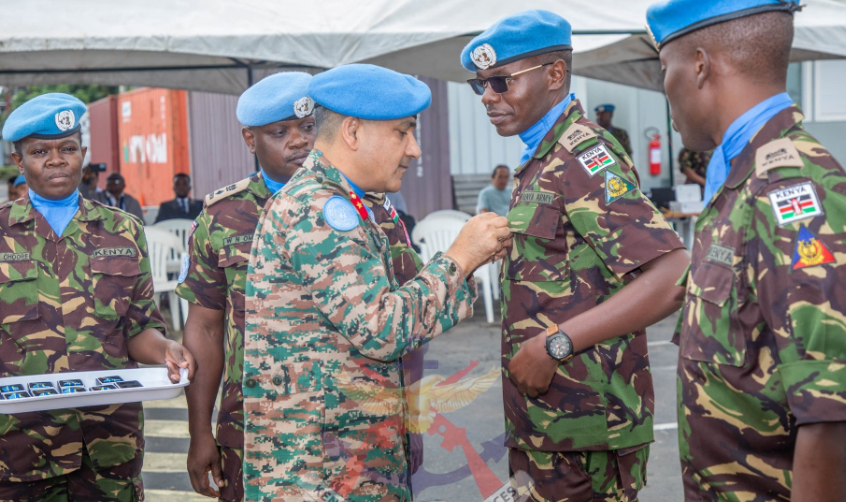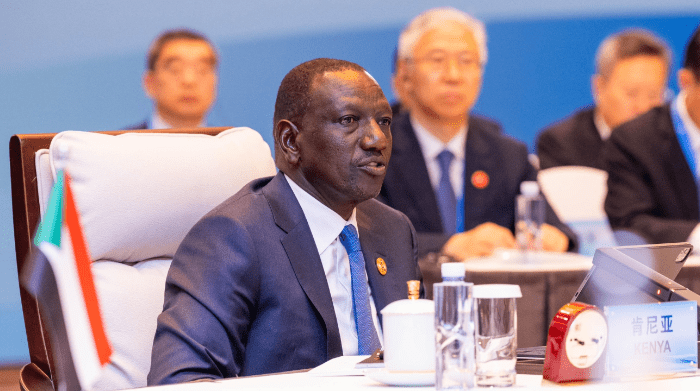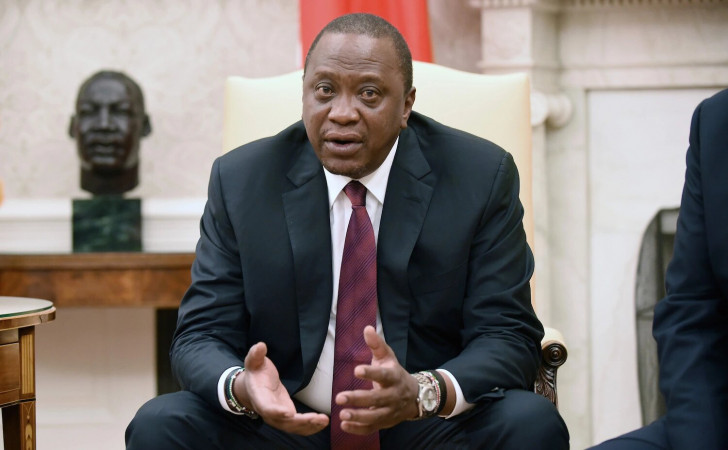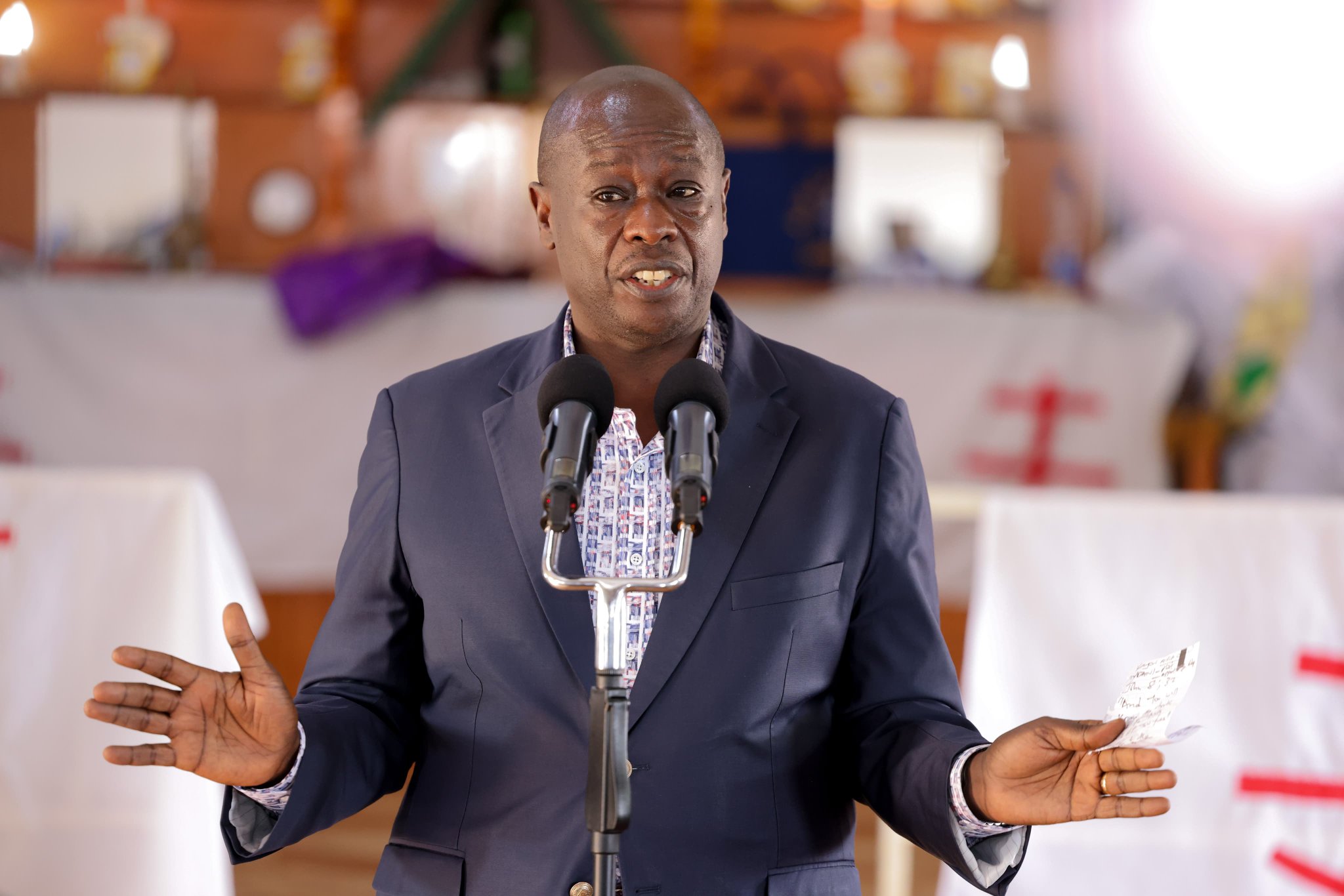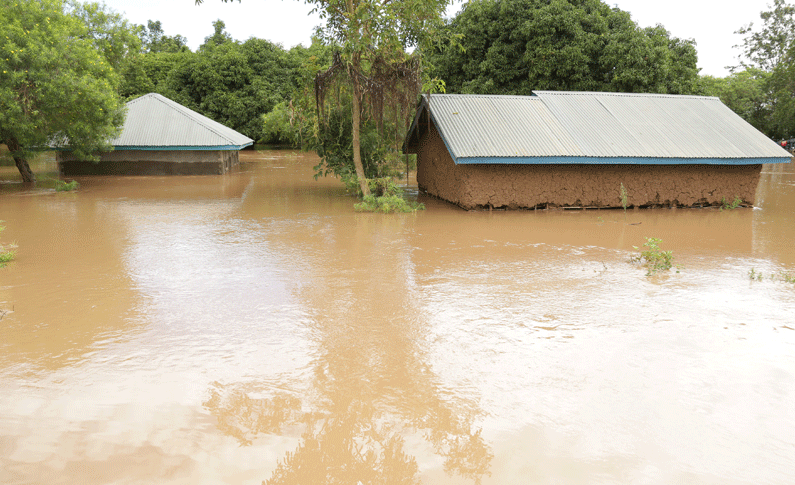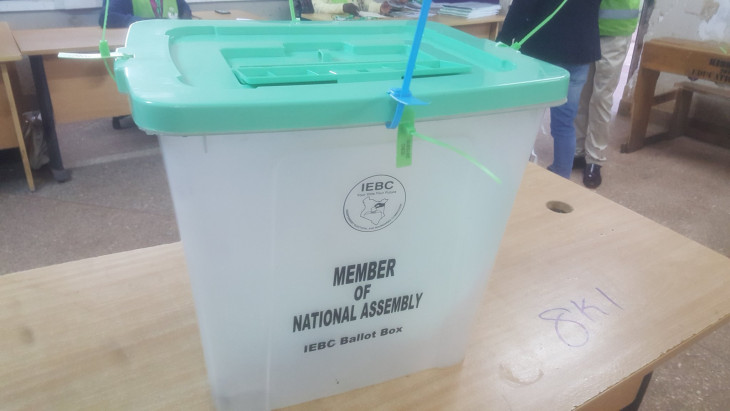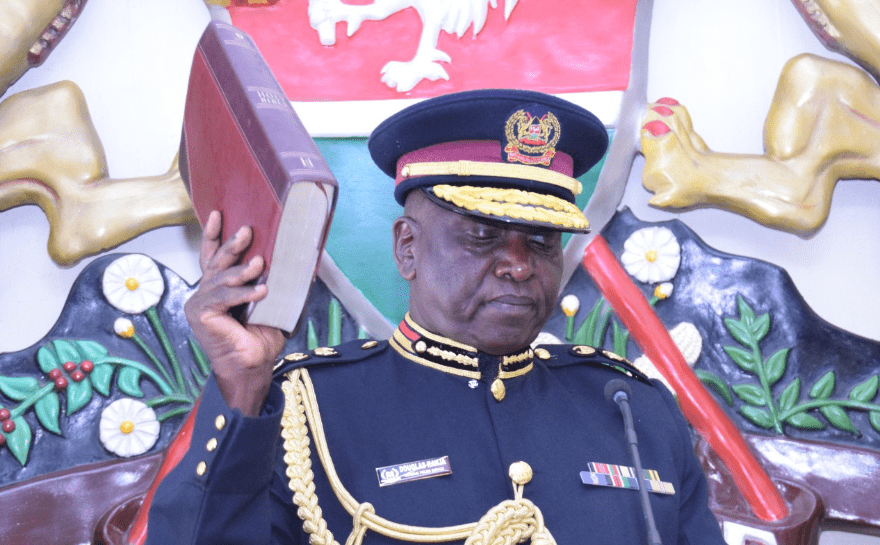United Nations and US should close ranks on Afghanistan

The message on Monday last week by United Nations Secretary General António Guterres to the Security Council on developments in Afghanistan was like a last word on what needs to be done by parties concerned about developments in the country after U.S. final withdrawal.
Guterres appealed to the international community to offer support in two main areas. First is to ensure the protection of basic human rights, particularly of Afghan women and girls.
Secondly, he appealed to the world to work together and ensure that Afghanistan will no longer be used as a breeding ground for terrorists.
While the foregoing was commendable, the UN did not commit itself on any specific deliverables or give a clear idea of the outcomes it expected within a one or two-year time frame.
He should have given specific interventions to achieve his proposals.
In a rejoinder to the UN statement, the Taliban told broadcaster CNN that Afghan citizens are under no threat.
Which I believe is true. In the last couple of weeks, the Western media has tried desperately to force a crisis in Afghanistan in order to justify the inordinately long US presence in the country.
This is foolhardy because the Taliban entered Kabul without firing a single shot, a relatively peaceful march that has happened all along on its march from other areas in the country.
The Taliban even talked to CNN in front of the abandoned U.S. embassy in Kabul without showing any signs of bitterness or belligerence.
Observers predict that the Taliban will be seeking legitimacy in order to attract both diplomatic and development partners.
Times have changed and this Islamist movement and military organization might be planning to endear itself to the international community by changing its ragtag image.
What Afghanis need right now is space to decide how their country should be governed.
Notwithstanding sensationalism by some sections of the international media, there is a reason why Afghans seem resigned to their Taliban brothers.
There is no other group with such clout in the country that can take power in the immediate future.
Isolating the Taliban, regardless of what one thinks of the group, would be a very dangerous thing to do.
It would harden the group’s resolve to rule by religious decree rather than by some modicum of democracy. Meddling will definitely backfire and re-ignite anti-American emotions.
Indeed, it is time to return Afghanistan to its rightful people and for the media to stop propagating dooms day scenarios.
The UN can start by incorporating major countries like China in negotiations, a development that was already predicted by US Secretary of State Antony Blinken who on July 29 said China’s possible involvement in Afghanistan could be “a positive thing”.
He was reacting to the visit by Taliban representatives to China and the latter’s comments that the Taliban would play an important role in the peace process and rebuilding of Afghanistan.
Biden has said that there was never a good time to leave Afghanistan – because the U.S. should never have invaded the country in the first place.
The massive financial outlay and human cost does not offer an iota of justification of America’s 20-year military occupation of Afghanistan.
By US President Joe Biden’s own admission, U.S. intervention had nothing to do with “nation-building”.
It was a way of warding off criticism on this account since nothing else really makes sense in this saga, as killing Al Qaeda’s Osama Bin Laden cannot have been the reason for spending US dollars 2 trillion.
One can only hope that Afghanistan will never implode again. Negotiations between the Taliban and Afghan government delegation in Qatar are an art of the possible.
Like the legendary Phoenix, the country has the resources to rise up from its ashes into a global economic powerhouse. — The writer is an international affairs columnist
